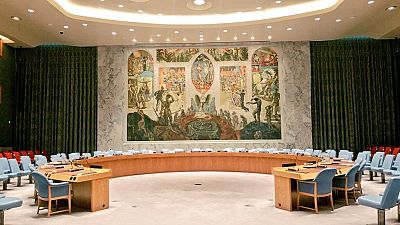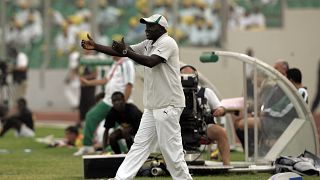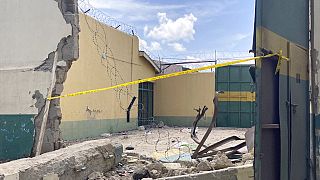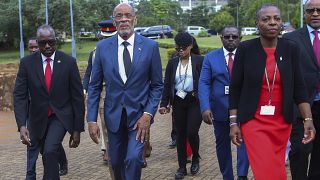Ethiopia
The Turkish Minister of Foreign Affairs, Mevlut Cavusoglu, has felicitated with the new non permanent members of the United Nations Security Council (UNSC).
Davutoglu’s message was directed at Ethiopia, Bolivia, Kazakhstan, Sweden and Italy. All five officially started their two year tenure on January 1 following elections that were held last June. The council has the primary responsibility for international peace and security.
He tasked the new members to continue their work on the council bearing in mind a principle he referred to as, ‘‘The World is Bigger than 5.’‘ In apparent reference to the ‘powerful’ five permanent members of the UNSC.
We hope that they contribute to the work of the UNSC bearing in mind our principle “The World is Bigger than 5”
— Mevlüt Çavuşoğlu (@MevlutCavusoglu) January 2, 2017
Ethiopia, replaced Angola as Africa’s sole representative on the UNSC after winning the seat in June 2016. They officially commenced the two year tenure on Sunday January 1.
Ethiopia’s election was by a landslide vote of 185 out of 190 votes. The five permanent members of the UNSC are the United States, the United Kingdom, Russia, China and France. The other five members that complete the 15 member composition are, Egypt, Japan, Senegal, Ukraine and Uruguay.
Ethiopia despite suffering from protests as a result of anti-government sentiments in two main regions – Oromo and Amhara, has been a strong force in mediating in the South Sudan political crisis and in neighbouring Somalia.
They are also in the forefront of the regional peace and security group, the Intergovernmental Authority on Development (IGAD). The country is currently under a 6-month state of emergency aimed at quelling the protests.
The Security Council takes the lead in determining the existence of a threat to the peace or act of aggression. It calls upon the parties to a dispute to settle it by peaceful means and recommends methods of adjustment or terms of settlement.
In some cases, the Security Council can resort to imposing sanctions or even authorize the use of force to maintain or restore international peace and security.
The Security Council also recommends to the General Assembly the appointment of the Secretary-General and the admission of new Members to the United Nations. And, together with the General Assembly, it elects the judges of the International Court of Justice.













01:38
Sexual violence in conflict increased by 50% in 2023, says UN
02:18
Plastic pollution: global treaty talks underway in Canadian capital
00:49
London Marathon: Women's-only world record, Kenyan double victory
01:57
Egyptian,Turkish Foreign ministers urge de-escalation in the Middle East
01:35
Sudan war fuelled by weapons from foreign actors in violation of sanctions - UN
00:42
US vetoes Palestine UN membership resolution